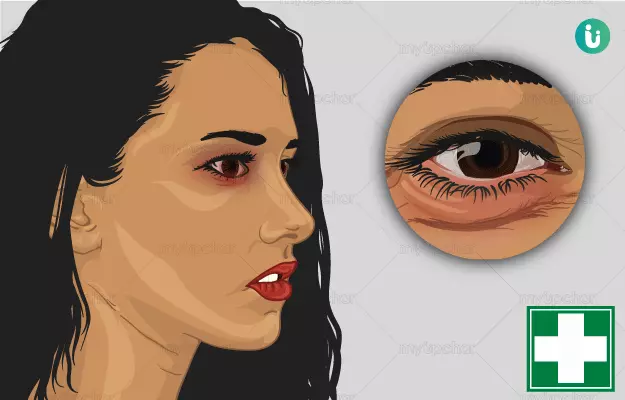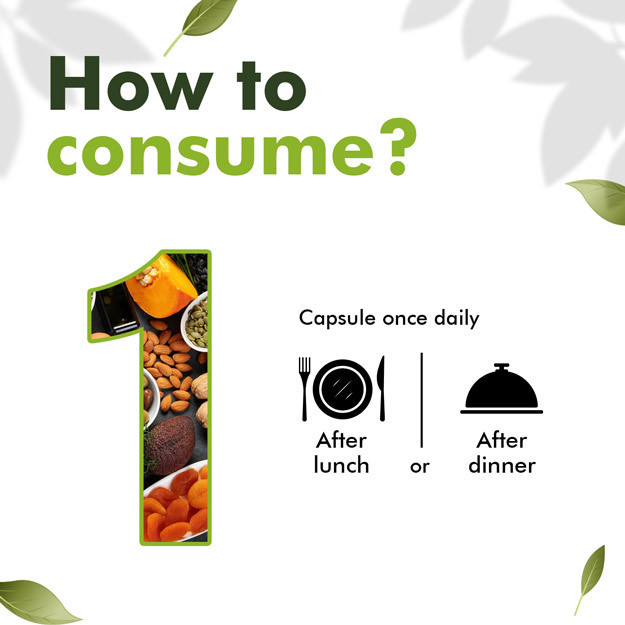Different types of eye injuries may require different kinds of immediate care, which is why a proper initial examination is important. Following are a few suggestions of what to do in each type of eye emergency if you’re the one suppering from the injury:
Foreign objects in the eye: Such injuries can result in anything from small cuts to large punctures and wounds.
- If the object is small, like dirt or some grass, your eye might push it out by itself.
- Blink repeatedly to push the object out with tears.
- You can wash your eye out with water to help it get rid of the object.
- Be mindful not to rub your eye or use another object like a pair of tweezers to remove the object.
If the object is larger and embedded in your eye:
- Stay calm and do not try to displace the object.
- Cover it with sterile bandages or some gauze and seek immediate medical help.
- If the object is protruding, try to secure it with a paper cup and tape before going to the hospital.
(Read more: Eye discharge)
Chemical burns: The chemicals present in common products you use like creams, shampoos or other beauty products can hurt the eyes on exposure and cause a burning sensation. Thoroughly washing your eyes out with clean water usually helps resolve this.
Other chemicals, like the ones present in a strong floor cleaner, can cause more serious damage and the following steps should be followed:
- Keep your eyes open until you can get to a clean water source. Closing your eyes may keep the chemical inside the eye cavity and cause more damage.
- Flush your eye out with water for 15 or so minutes before or while contacting emergency services.
- If possible, find out which specific chemical your eye was exposed to, so the medical professionals know how to treat you best.
(Read more: Fractured eye socket)
Blow to the eye: Blunt trauma to the eye can be very painful. If the injury doesn’t feel too severe at first, you can care for it at home.
- Apply a cold compress (or ice wrapped up in a towel) gently to your eye.
- Avoid using frozen food packets for this purpose as they could transmit microorganisms to your eye and lead to an infection.
- Switch to using a warm compress after the first 24 hours to keep the bruising to a minimum.
- If you experience bleeding from the white part of the eye, drainage from the eye or vision changes, you should consult with a doctor.
- If the blow was very hard, it could have caused a fracture. Contact a doctor immediately in such cases.
Observe every eye injury for a few days during the healing period to make sure no new symptoms show up. If you notice something new in the sensations or appearance of the injury, get it checked out by a doctor to make sure it isn’t an infection.
X














